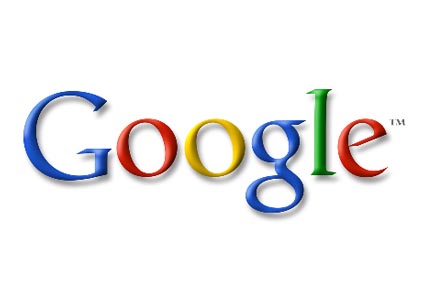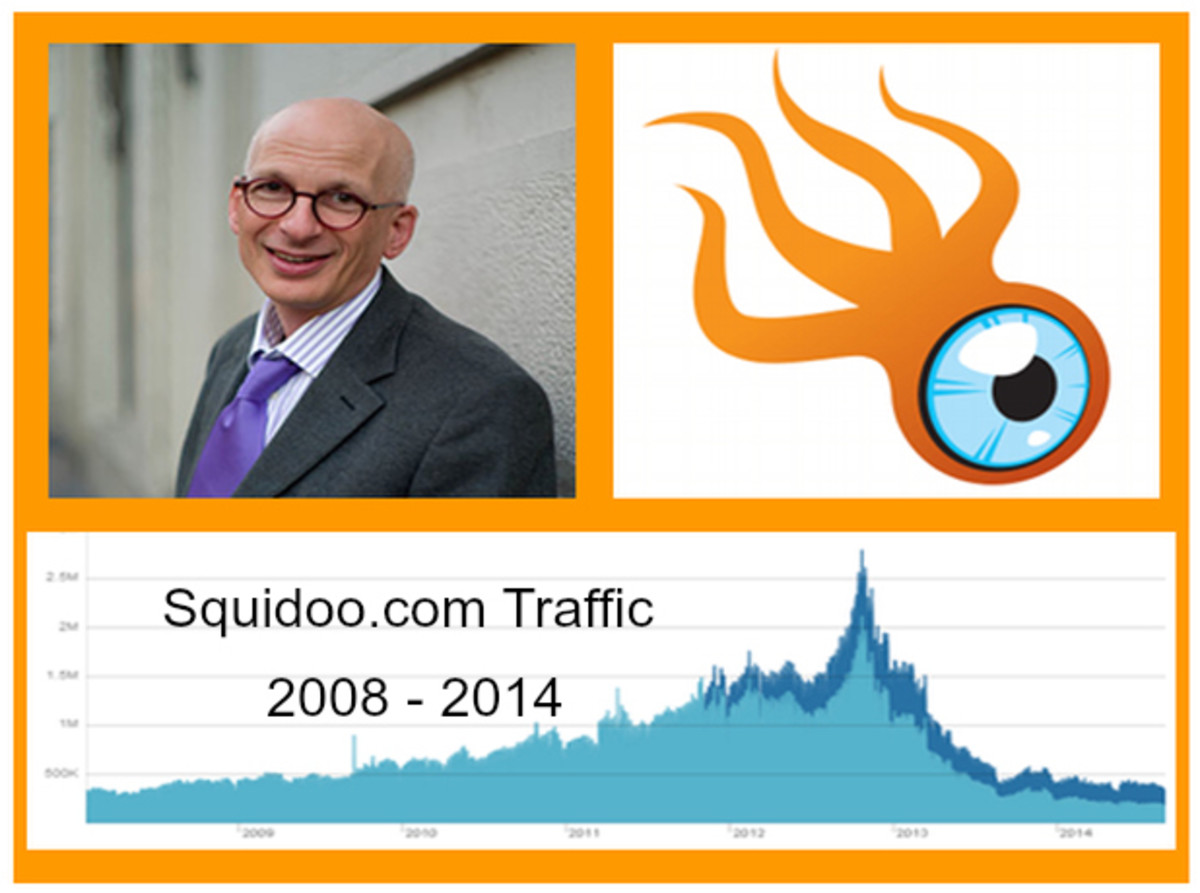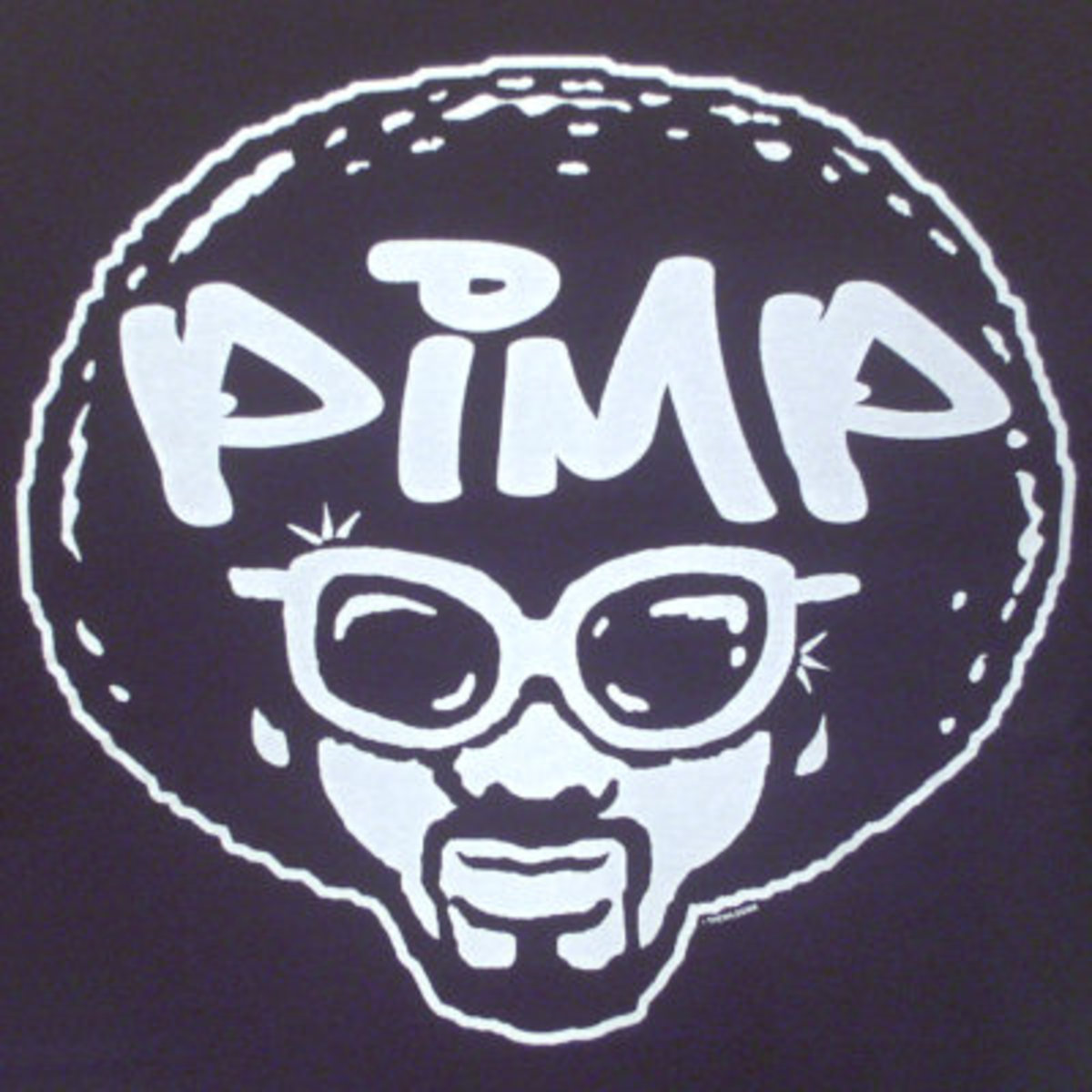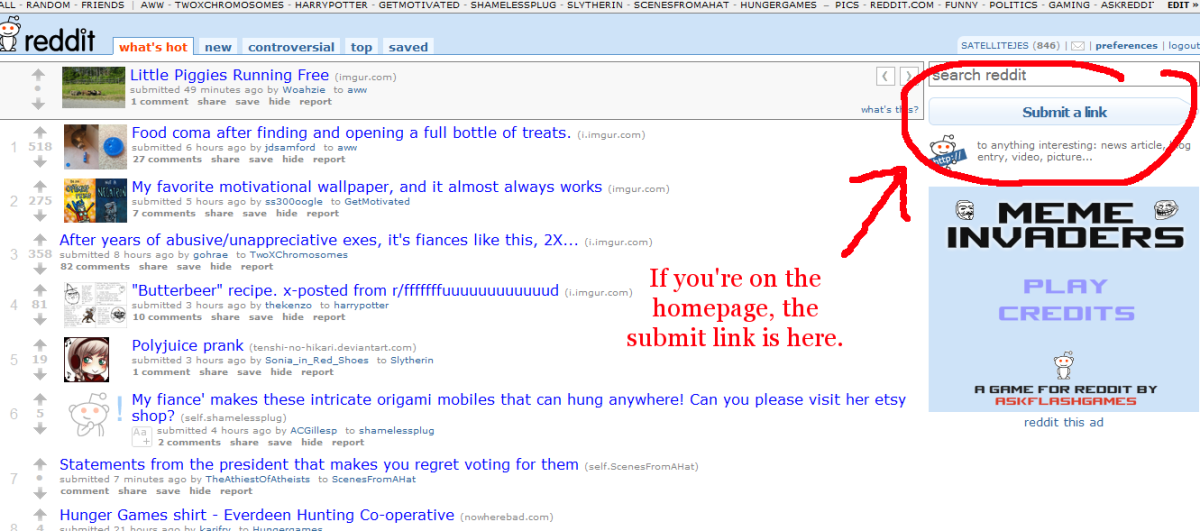How to get more search engine traffic
How to Get More Organic Traffic from Search Engines
Introduction
Traffic that is sent to your site from search engines is called organic traffic. The traffic from search engines is what really matters as it buys your product and if you are publishing ads, they will click your ads. Simply put, search engine traffic is what really pays your bills. Digg and other such social sites can send tons of traffic to your site but they won't buy the product you are selling, nor will they click your ads. So here in this article I will talk about organic traffic. I will tell you how you can get more traffic to your site through search engines.
Make sure your site is crawler-friendly
There should be a good network of inbound links on your site. Make sure search engine crawlers or bots has access to every single page from more than one sources.
Submit a site map to search engines
Although submitting a site map to search engines has lost its worth over the past few years, but because Google and other search engines tell you to submit your site map to them so that they can crawl your site more frequently and easily, then there is no harm in it. Submitting a sitemap might somehow please search engines.
Work out title and other meta tags wisely
People tend to neglect this one. While browsing the web I have come across many sites where meta and title tags have been wasted by either keyword stuffing in them or neglecting the keyword thing at all. Not only new sites, but the older ones are also guilty of this. Choose your title wisely. The words contained in your title must be used at least once in the body of your page. No need to use them too often. Don't write very long meta descriptions. Write just the necessary stuff in it. Meta keywords should be the ones used in your text. Keywords in your title should also be included. Never used the words that are nowhere to be seen in your page as keywords. Again don't stuff keywords with every single word you have written in the text.
Link to authority sites on the topic
Linking to authority sites on the topic you are writing about makes your article look professional and search engine bots send a good message back about it once they encounter such links.
Use your keywords as anchor text when linking internally
Instead of using "Click Here" or "Click This Link", use keywords or title of the page as anchor text of a link. For example if the page is about gothic art, the anchor text of the links pointing to it should contain the term 'gothic art' in them. Same is true for the external links pointing to your site and link building.

Multiple text in inbound links
As I have mentioned the importance of having more than one inbound links to a certain page of your site, while doing so make sure you don't stick to just one anchor text for all links every time you link to a page. That looks too automated and we all know how search engines hate automation. You can use a different text everytime a text link to a page is placed.
Quit keyword stuffing
The myth about keyword stuffing has long been busted. Write a natural copy. A 1-3% keyword density is acceptable for search engines. Anything more than that can drop your site down in SERPS. Just write a natural copy, even if your keyword density goes beyond 3%, search engines have algorithms to figure out that keyword density has gone above 3% naturally.
I won't brag about the importance of backlinks
We all know how important backlinks are to rank high in search engines. RitePad allows you to build backlinks through writing articles and shares 80% of the ad impressions generated on your articles with you.
Avoid broken links
Broken links send a very bad message to search engines. They see your site as left out and there is no one to fix the problems or take care of it. Avoiding broken links will keep you from having low ranks in the SERPS.
Content
Write unique content
You must have heard the term
"content is king". Yes content certainly is the king, the more it is
unique and original, the more traffic you are likely to get from search
engines.
Add fresh content 2-3 times a week
You
got to feed those crawlers out there with fresh content every other
day. This is necessary to maintain your rankings. If your site don't
publish content twice or thrice a week due to some reason, start a
blog. Keep publishing content in the blog. The blog should be a
subdomain of your site's domain. It should look like blog.yoursite.com.








